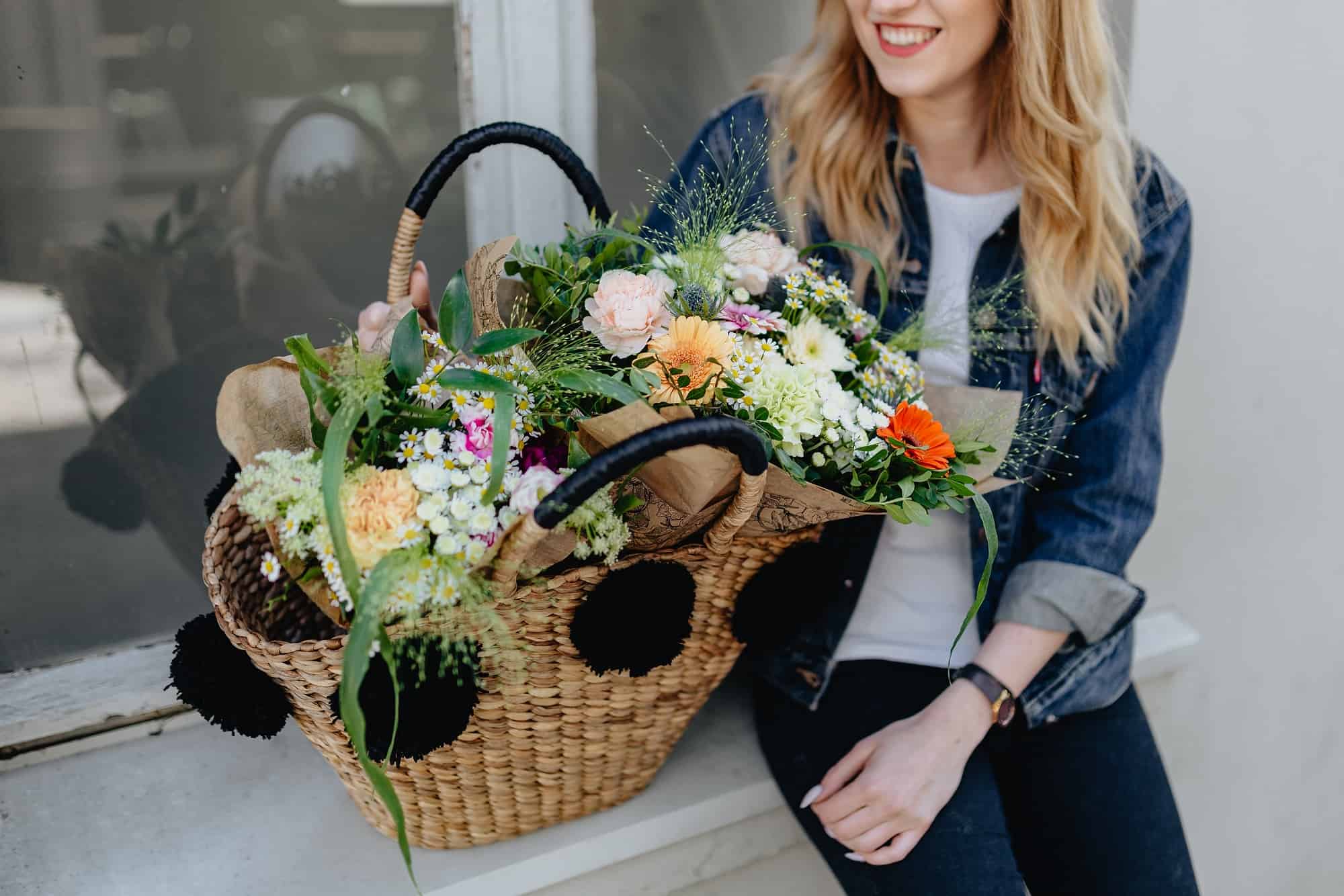Happiness isn’t hiding in the corner office, the perfect house, or that elusive number in your bank account. If it were, we’d all be blissed out by now. The truth? Joy doesn’t usually arrive in the form of big milestones. It sneaks in through everyday choices. Tiny, often-overlooked moments that don’t look like much from the outside. That’s the secret of what happy people do differently.
They laugh at bad jokes. They give themselves permission to play. They say no without guilt. From the outside, it looks frivolous, unproductive, or even selfish. But science (and experience) proves these habits are the very things that fuel resilience, creativity, and long-term joy.
If you’ve been grinding harder, waiting for happiness to magically show up, maybe it’s time to rethink. Let’s dig into seven habits that look lighthearted on the surface—but actually matter more than you think.
One – Laugh at Little Things
Happy people don’t wait for perfect timing or the “smart” joke. They laugh at bad puns, dad jokes, goofy movies, or their dog’s endless obsession with chasing squirrels. To outsiders, it may look immature. But laughter is basically free medicine: it lowers cortisol (your stress hormone), strengthens your immune system, and releases feel-good endorphins.
It’s not about whether the joke was funny. It’s about choosing joy in tiny doses. Happy people give themselves permission to laugh at life’s absurdity—and in doing so, they release tension instead of bottling it up.
Two – Prioritize Play
Play isn’t just for kids on the playground. Adults who embrace play – whether it’s poker night, improv class, Legos on the living room floor, or a fiercely competitive game of Uno – are happier, period.
Why? Because play lights up the brain differently than work. It sparks creativity, strengthens problem-solving skills, and builds connections. It’s also an antidote to anxiety: your nervous system gets a break, your body softens, and your spirit remembers that life doesn’t have to be so heavy.
Happy people know that “play” doesn’t waste time. It restores it.
Three – Talk to Strangers
Most of us put our heads down, earbuds in, and rush through errands. Happy people flip the script. They chat with the cashier about the weather, ask the barista how their morning is going, or strike up a quick conversation in line at the post office. From the outside, it looks like small talk. And maybe even a waste of time.
But research says otherwise: even brief interactions with strangers release oxytocin, the “bonding hormone,” and boost dopamine levels, the brain’s natural “feel good” chemical. In fact, a University of Chicago study found that people who chatted with strangers during their commute reported significantly higher happiness levels than those who stayed silent.
Happy people aren’t building lifelong friendships in every line at Target. But they are sprinkling micro-moments of belonging into their day. Those tiny hits of connection add up. And keep loneliness at bay.
Four – Take Breaks for “Nothing”
In our hustle-obsessed culture, breaks often get labeled as lazy. But happy people refuse to buy into the “always-on” myth. They step away from their desks, stretch, sip a latte, doodle in a notebook, or simply stare out the window. To the untrained eye, it looks like doing nothing.
But neuroscience backs them up: the brain has a “default mode network” that lights up when we’re daydreaming or resting. That’s when we process emotions, integrate memories, and spark fresh ideas. It’s why some of your best epiphanies show up while showering or driving.
Happy people don’t just work hard; they pause hard. They understand that strategic rest is what keeps them sharper, calmer, and more creative when it’s time to dive back in.
Five – Spend on Experiences, Not Just Stuff
Happy people buy things, but when it comes to splurging, they know where the real payoff lives: experiences. A road trip with friends. A cooking class that leaves the kitchen a mess. Tickets to a concert where they belt out every lyric.
From the outside, it might look impractical. Why spend $200 on a weekend getaway when you could buy a new gadget? But countless studies show money spent on experiences leads to longer-lasting happiness. Why? Because experiences get woven into your identity and memory. They become stories you tell, not just objects collecting dust on a shelf.
Happy people invest in moments that stick with them. The stuff fades, but the laughter around a campfire? That lives on.
Six – Enjoy Hobbies Without a Goal
We live in a culture that asks, “Can you monetize it?” about every passion. Happy people rebel against that. They knit scarves with uneven stitches. They plant gardens that feed the squirrels as much as their table. They strum guitars with no intention of joining a band.
To outsiders, it looks like wasted effort. But hobbies create flow: that magical state where time disappears and you feel completely absorbed. Flow has been proven to reduce stress, improve mood, and even mimic the benefits of meditation.
Happy people don’t treat hobbies like side hustles or stepping-stones. They treat them like joy on tap. Accessible anytime, no strings attached.
Seven – Say “No” Without Guilt
This one might be the hardest. And the most misunderstood. From the outside, saying no can look selfish or antisocial. But happy people know better. They recognize that every “yes” to something meaningless is a “no” to something important.
So they protect their time. They decline the networking event they’re dreading. They skip the family obligation that drains them. They set boundaries and (here’s the key) they don’t spend hours beating themselves up afterward.
Psychologists agree: boundary-setting is one of the strongest predictors of emotional well-being. Happy people aren’t happier because they do more. They’re happier because they curate what they do—and unapologetically clear space for what really matters.
Final Thoughts
At first glance, the things happy people do may seem trivial: laughing at silly memes, doodling in a notebook, saying no, or spending on experiences instead of stuff. But these “frivolous” habits are the very foundation of a joyful, resilient life.
Happy people don’t wait for happiness to drop into their lap. They build it, moment by moment, laugh by laugh, choice by choice. They prioritize play, connection, rest, and presence. Not for appearances, but because it feels good, deep down.
So here’s your permission slip: be “frivolous.” Laugh more than seems appropriate. Chat with a stranger. Take that coffee break. Pick up a hobby without a goal. Say no to what drains you. Spend money on memories instead of stuff.
Because the truth is simple: what happy people do isn’t frivolous at all. It’s essential. And now it’s your turn to start doing the same.
FAQs About What Happy People Do
What habits do happy people do that make them different?
Happy people focus on small daily habits like laughter, play, hobbies, and connection instead of waiting for big life events to bring happiness. These are exactly the kinds of things happy people do that boost long-term joy and resilience.
Are the things happy people do backed by science?
Yes. Studies show that habits like social connection, play, laughter, and intentional downtime significantly reduce stress and increase well-being. In other words, the small habits happy people do every day really do make a difference.
How can I start doing what happy people do?
Start small: pick one “frivolous” habit—like taking a mindful break, laughing at a silly video, or starting a hobby with no goal—and do it consistently. Over time, the little things happy people do become the foundation of your own joy and fulfillment.









